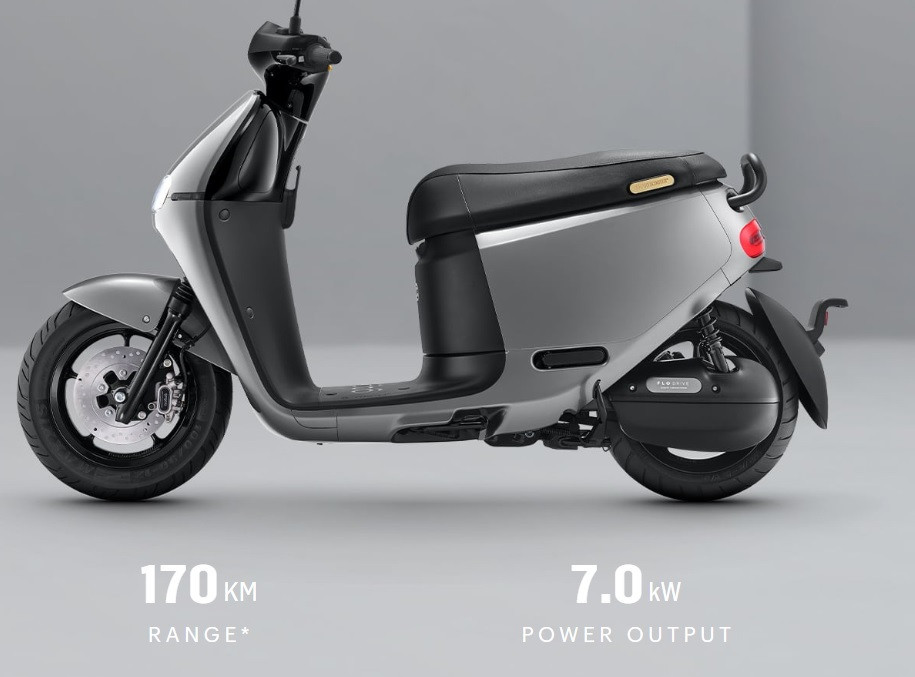
Vietnam ranks among the world’s top motorbike markets, with over 70 percent of its population relying on them as the main transport mode. A fierce race has unfolded between electric and gasoline motorbikes, fueled by big players like Honda, Yamaha, VinFast, Yadea, Pega, and others.
While gasoline motorbikes dominate in many countries, especially Southeast Asia where they’re king, electric bikes are surging thanks to government support, battery tech advances, and green vehicle demand.
Industry giants like Honda, Yamaha, VinFast, Yadea, and Gogoro are pouring hefty investments into electric bikes to catch this shift. Forecasts suggest electric motorbikes could edge out gasoline ones in 5-10 years, especially in big cities.
Discussing this rivalry, Le Hoang Long, former Pega CEO, who was CEO of Pega, now Giovani’s CEO, said that though Vietnamese only travel 27 kilometers daily, the market demands electric bikes with 150-200 km per charge, akin to gasoline bikes. It’s not just an issue in technology, but also in consumer psychology and charging infrastructure.
Explaining the gap between real needs and market expectations, Long pointed to safety psychology and “range anxiety”: fear of running out of power mid-trip.
Gasoline bikes can refuel in minutes at any station, while electric ones lean on lengthy charge times and a sparse charging network. Users dread battery depletion, pushing them to demand longer ranges for peace of mind.
Long added that, though electric bikes mainly serve daily commutes, Vietnamese still expect them to match gasoline bikes’ long-haul capability. They refuse to give up the convenience they know. A high-range electric bike offers flexibility and reassurance, even for sudden trips, pressuring manufacturers to boost battery tech.
He noted that Vietnamese consumers favor powerful, feature-packed products, even if they don’t max them out. A long-range electric bike brings comfort, modernity and strength, despite the modest daily travel distance which doesn’t need such power and features.
This is a major hurdle for electric bike makers. Though commuters average 27 km daily and students 11 km, battery fears, tech hopes, flexible use needs, and spotty charging setups drive demand for over 150 km per charge.
Manufacturers need to optimize battery capacity, production cost, and consumer demand. Models with under 100 km per charge struggle against gasoline bikes, which mostly appeal to saturated student markets.
Local sources cited reports from the Vietnam Automobile, Bicycle, and Motorcycle Association (VAMOBA) in mid-2024 as saying that the electric bicycle and motorbike market once peaked at 700,000 units per year, but post-Covid-19, it slumped below 400,000 units annually.
Thai Khang